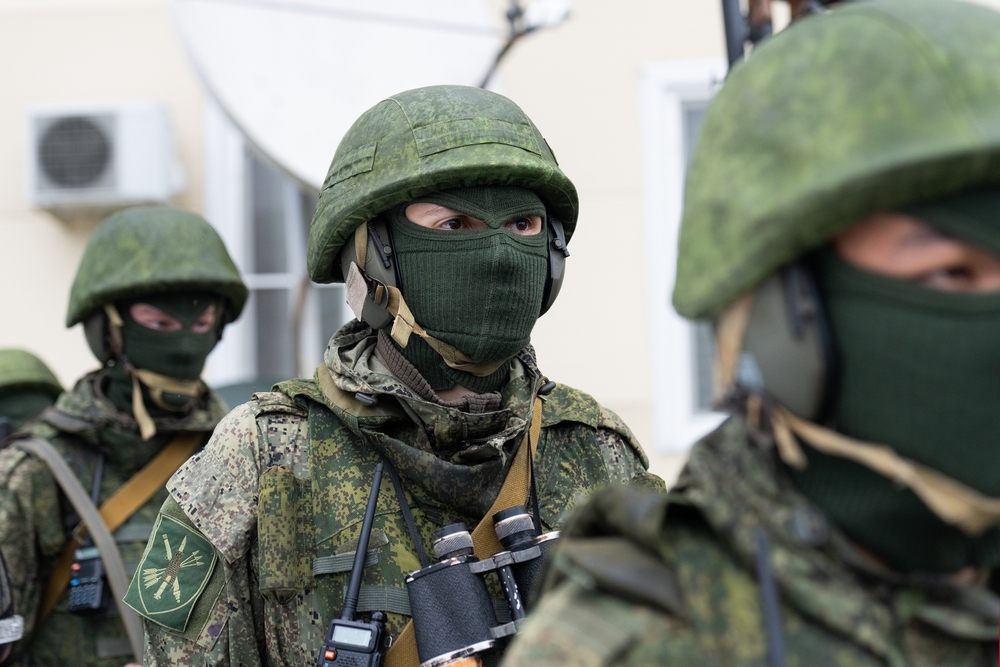Once mobilized, Dmytro was ordered to fight against his own country.
Others are reading now
Once mobilized, Dmytro was ordered to fight against his own country.
Dmytro stays behind for his family
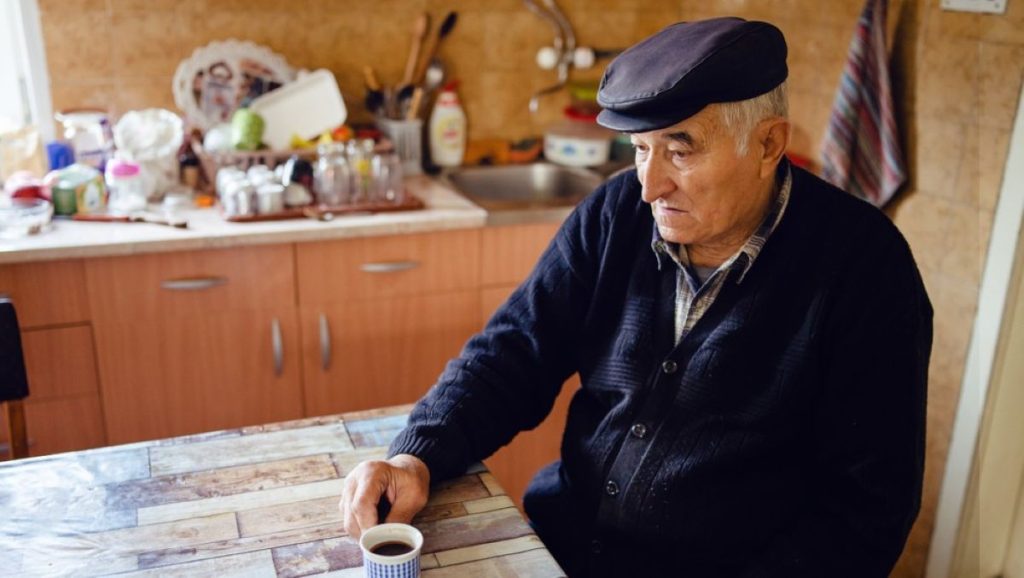
Dmytro did not stay in his hometown because he supported Russia.
He stayed to protect his parents, who refused to abandon their home after the 2022 invasion.
This decision would later lead to his forced mobilization into the Russian army.
Forced registration under threat
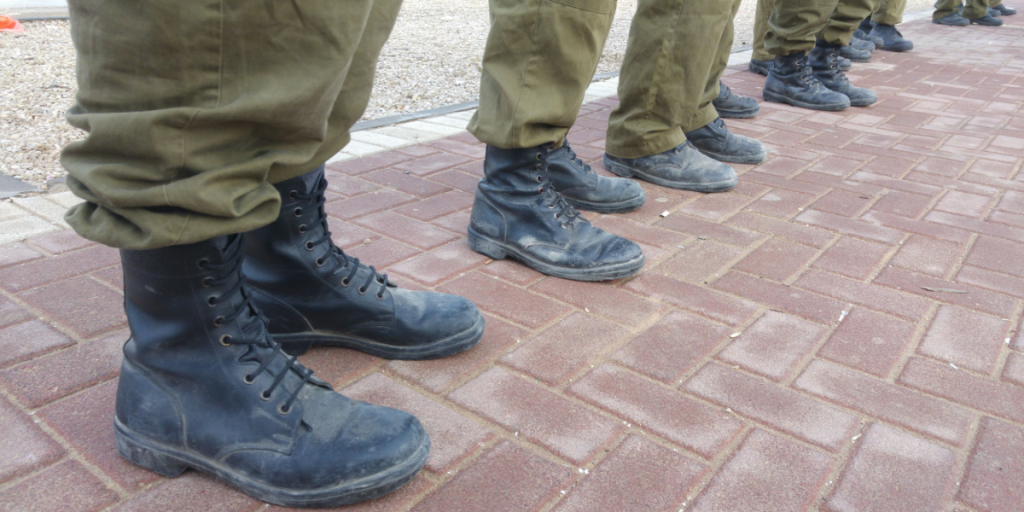
Soon after Russia occupied his hometown, Dmytro and his father were ordered to register for military service.
Also read
They were threatened with fines and property seizure if they refused.
Both were then mobilized, showing the coercive nature of the recruitment process.
A Ukrainian soldier in Russian uniform
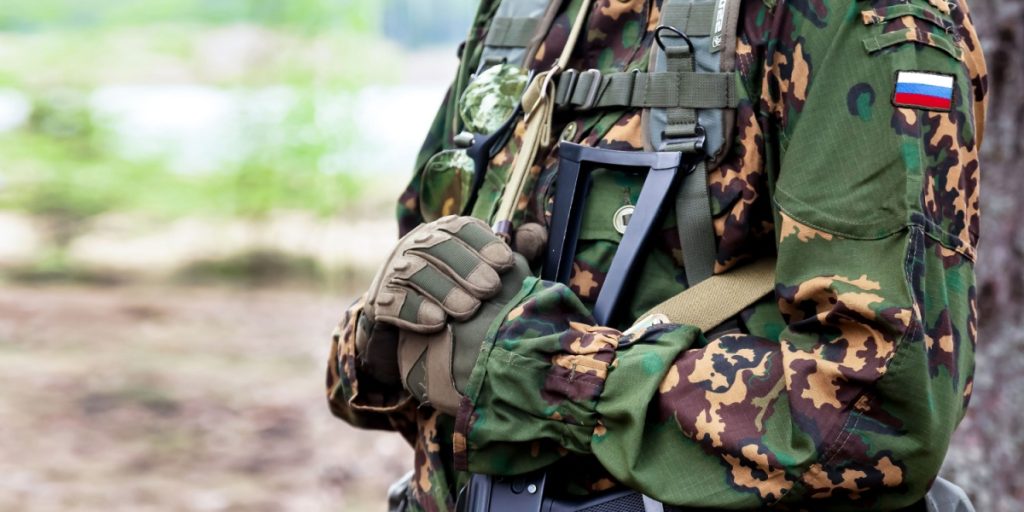
Once mobilized, Dmytro was ordered to fight against his own country.
He explained*:
“I can’t call myself a great patriot of Ukraine, but I think what Russia is doing is extremely wrong, and I don’t want me and my family to be forced into anything.”
Also read
His words reveal his guilt and moral conflict.
Joining the Atesh resistance movement

Driven by this guilt, Dmytro reached out to the Atesh movement, a Ukrainian partisan network active in Russian-occupied areas.
He discovered it through Telegram and believed that his position inside the Russian army could allow him to resist from within.
Small acts of sabotage inside the army

“After I got in touch with Atesh, I did different tasks… So far, they’ve been small ones, like fixing minor (vehicle) breakdowns that cause delays in logistics or supplies,”
Dmytro said. He believes even these small acts can slow down Russian combat operations and hurt their effectiveness.
Also read
Forced mobilization violates international law
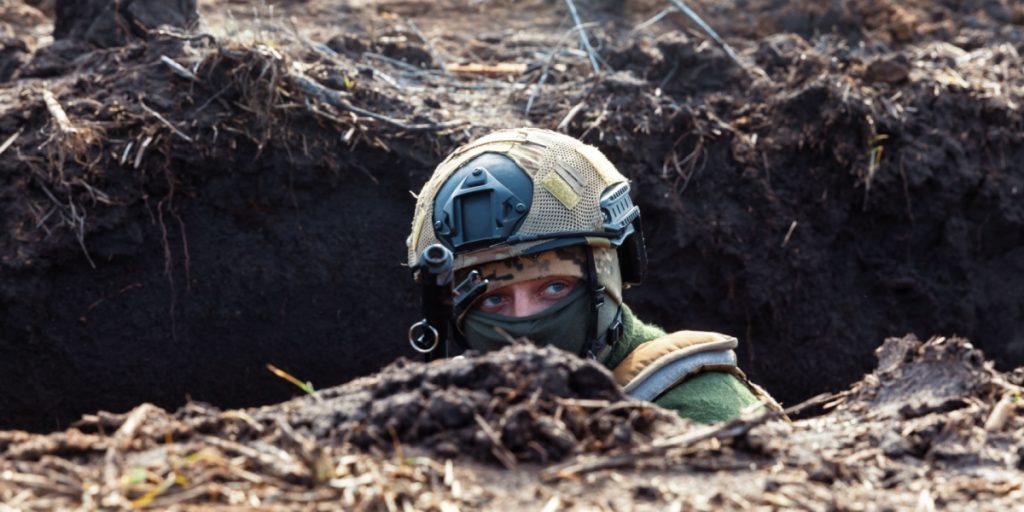
Ukrainians in occupied areas are compelled to take Russian passports and register for military service.
According to the Geneva Convention, this is a war crime.
Despite that, Russia has mobilized about 300,000 men from occupied Ukraine between 2022 and summer 2024.
Coercion and repression in occupied territories
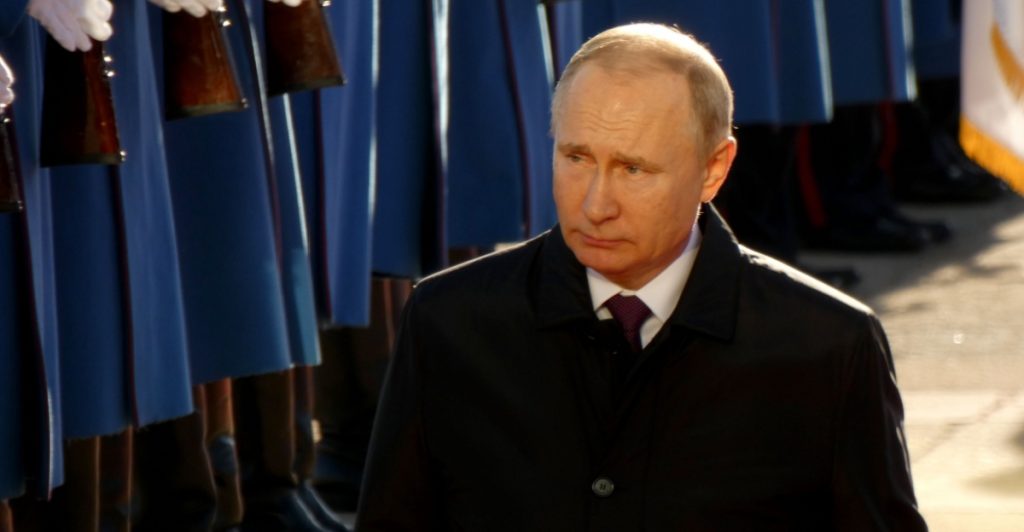
A July report from Ukraine’s Center for Countering Disinformation revealed that Russians are tracking men of conscription age, enforcing quotas, and “applying repressive measures.”
Many try to avoid going out on the streets to escape forced enlistment.
Also read
Different methods across different regions
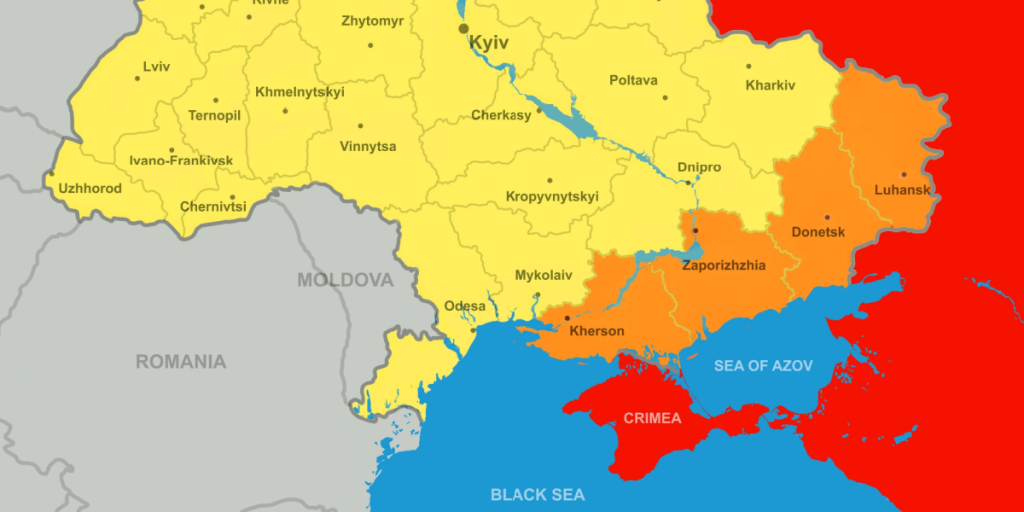
According to Atesh, mobilization in Kherson and Zaporizhzhia focuses on vulnerable groups like prisoners, marginalized people, and those facing trumped-up charges.
Some are given a “choice,” but many are forcibly marched to registration centers and made to sign contracts.
Resistance movements monitor the situation
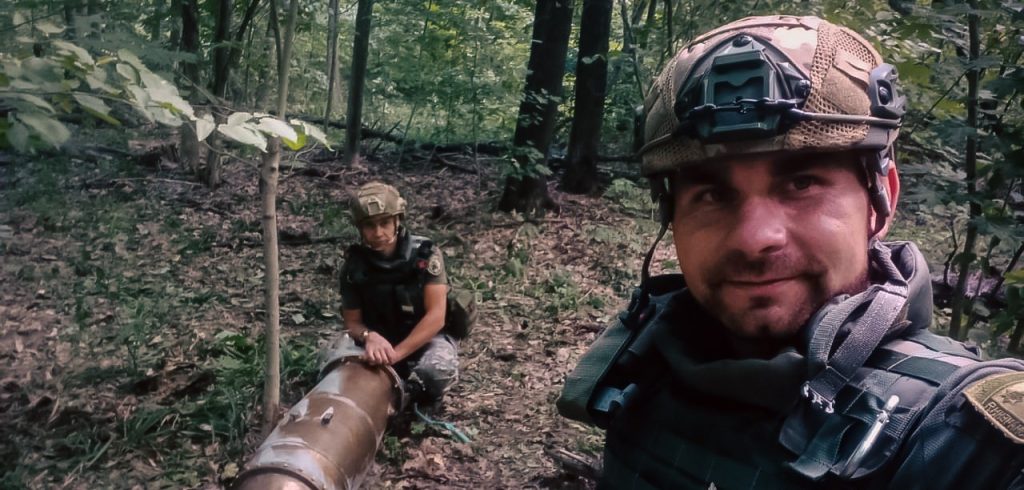
The Yellow Ribbon movement reported on Aug. 28 that Russian commissariats in Luhansk Oblast had stepped up recruitment, targeting men under 30 at workplaces, shops, and service centers.
The group warns that Russia is now focusing even on orphans and children of the sick or disabled.
Mobilization quotas falling short in Crimea
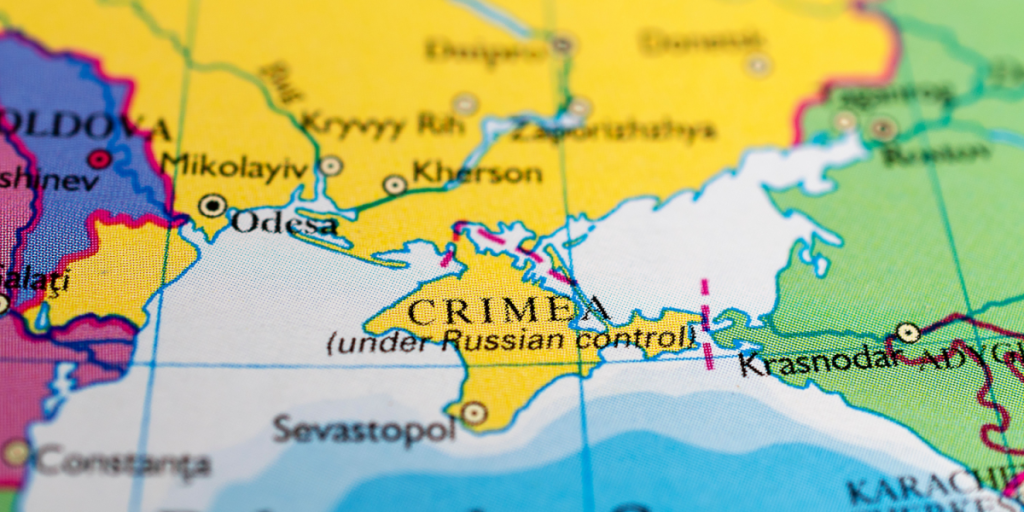
Despite the intense effort, Russia has struggled to meet its mobilization goal in Crimea.
Also read
Data from the National Resistance Center shows only 963 of 1,636 people were mobilized. just 59 % of the annual target.
This suggests resistance and logistical problems within occupied regions.
Life among Russian soldiers
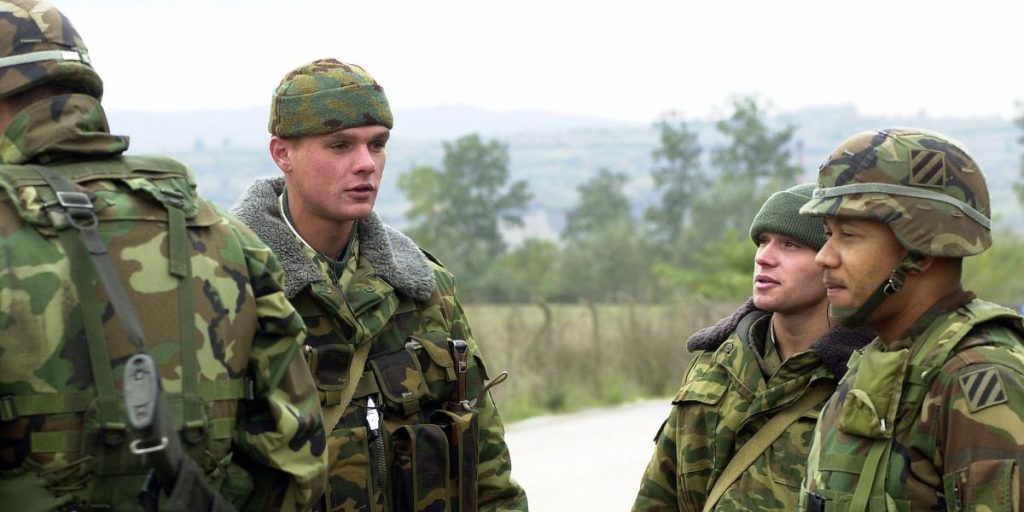
Dmytro works on vehicle repairs and maintenance and is forced to interact daily with Russian troops.
“Of course, it’s difficult and unpleasant” he said, “but we usually don’t talk about the war during our service.”
Ordinary soldiers, he adds, are tired and confused about why they are fighting.
Also read
Waiting for the war to end
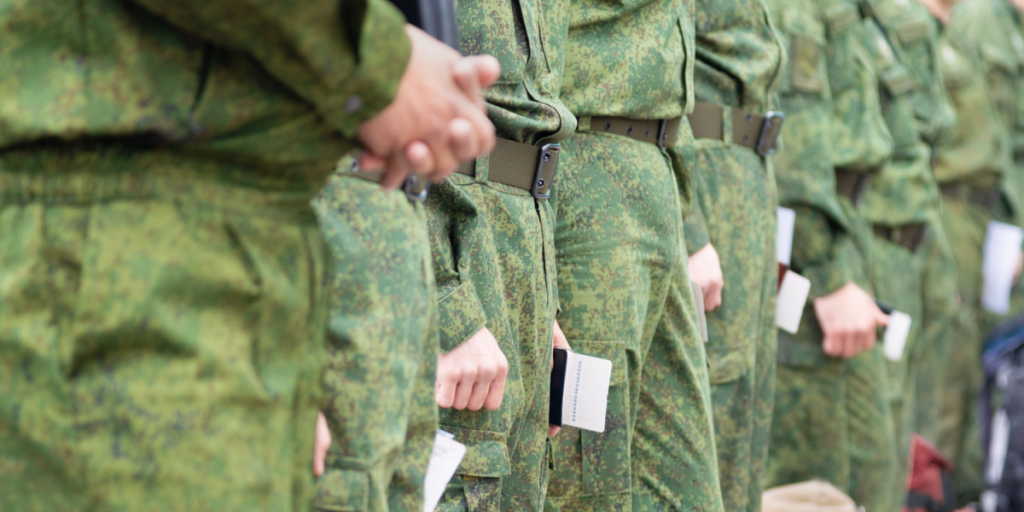
“Everyone in my unit is very tired of the war and is waiting for it to end,” Dmytro said.
“I try to keep a cool head about my work and these conditions. I’m waiting for everything to end so I can go home and do what I used to do.”
His story reflects the quiet resistance and exhaustion of those caught between two sides.

